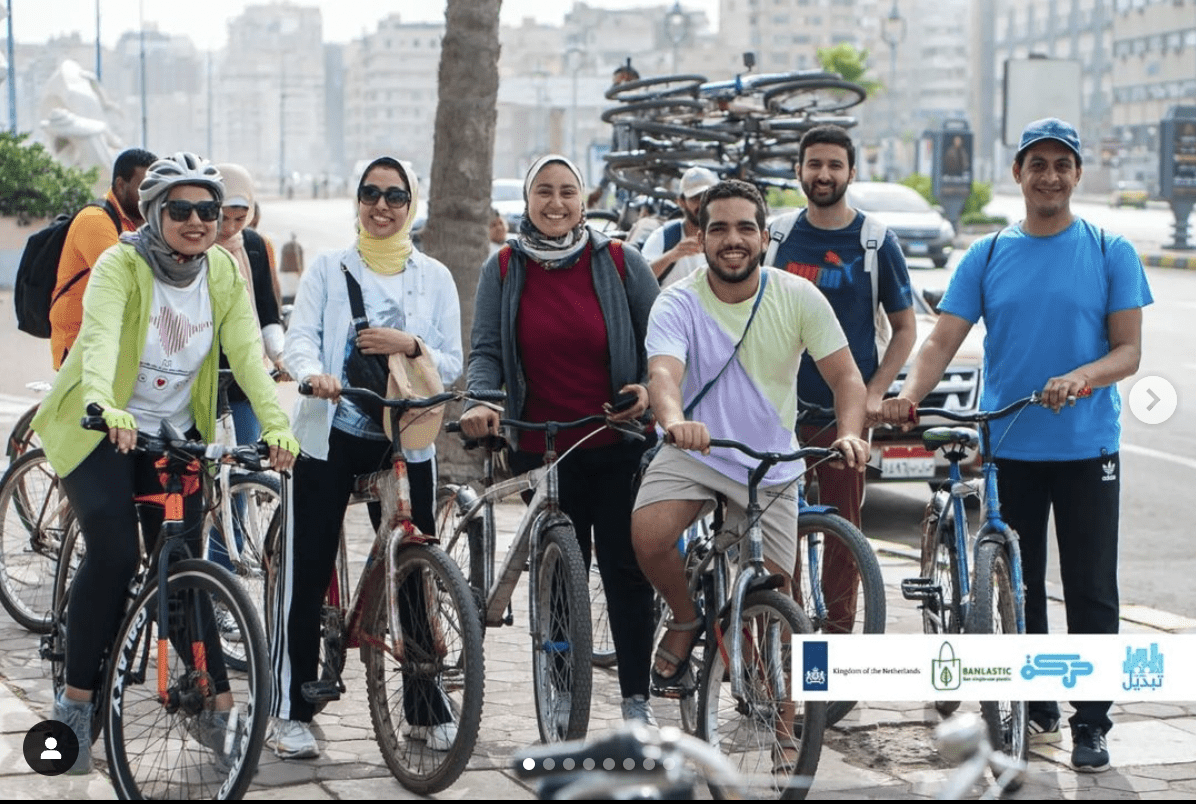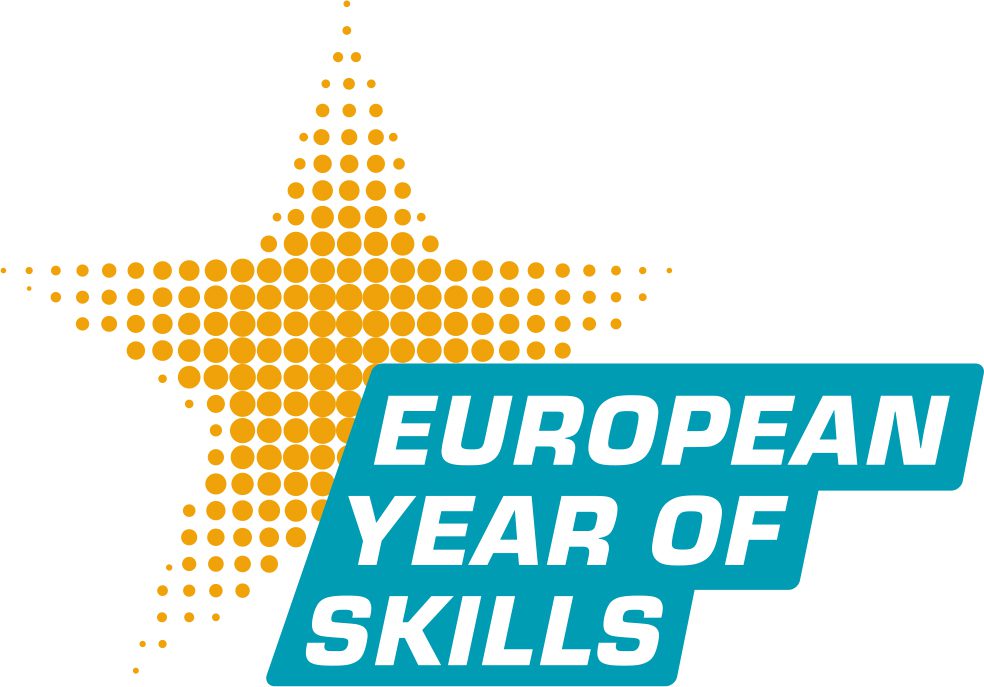The European Union is a strong promoter of the importance of Skills, which are especially relevant in today’s market. Through a number of initiatives, the EU supports young women and men across the Southern Neighbourhood to develop their competences and secure a promising future. In this Flashback series, we speak to individuals who benefited from these projects. Today, they reflect on the positive impact this EU support has had on their life.
Passionate about sustainability, Hiba Attia Moussa advocates for ways to rethink and promote sustainable mobility in cities. Starting with her hometown, Cairo, where she co-founded biking initiative Tabdeel, the young Egyptian has used her experience with EU-funded programmes to build her network. She is now working at a much larger scale, in an international organisation that tackles sustainable mobility on a policy and governmental level
When you embarked on this journey, what were your dreams?
Initially, my dream was to find like-minded individuals who shared my passion for promoting the cycling culture in Cairo. Once I found “my group”, we worked together to advocate for accessible cycling, and engage in design and research related to it. When we started, our efforts were self-financed but, over time, we began receiving support from various organisations that aligned with our mission.
As our projects gained momentum and we received numerous requests for collaborations, we realised the need for a structured approach. This is how we established Tabdeel which means both ‘pedaling’ and ‘change’
Our ultimate dream was -and still is!- to mainstream cycling as a viable mode of transportation. We envision a future where people view cycling as an integral part of the urban landscape, and where governments consider it in their mobility planning, not just as a recreational or sports activity.
We want cycling to become accessible to everyone, regardless of their gender, social class, or income level.
What skills did you gain through the EU-funded MED GAIMS project and how did they help you advance your dreams?
With the EU support, I broadened my perspective on advocacy and got to see and experience the bigger picture of Tabdeel’s work.
My participation in the regional workshop in Tunis, for instance, was a game-changer. I got to network with other civil society actors from the region, who helped me expand my focus and deepen my understanding of advocacy actions. I went beyond my initial passion for cycling in a specific city to recognise the power of collective action. By better understanding the interconnectedness of environmental issues in the MENA region, I am now more equipped for advocacy work. I know how to seize opportunities that can help me make a stronger, more sustainable impact on society.
What is amazing about this EU project is that I created connections for a lifetime. To this day, I am still part of a strong and supportive group with other project leaders; where we are constantly checking in on each other’s projects and helping one another.
Today, what is your proudest achievement?
Tabdeel has filled a critical gap in advocacy in Cairo, even though we initially didn’t foresee it as a long-term project.
Beyond individual actions, the impact we have had on people’s perception of cycling is truly gratifying for me. Many people have told us that, before engaging with Tabdeel, they didn’t view cycling as a way to advocate for their rights. They might have seen it as a positive step for the environment, but they didn’t fully grasp how cycling could reshape our cities and be part of a broader action towards social justice and equality.
Another thing that brings me a lot of pride is that our efforts have shed light on the often-overlooked older cycling culture in cities like Asyut. By preserving and promoting this existing culture, we’re ensuring its survival and relevance.
Flashback to: https://south.euneighbours.eu/story/your-bike-egyptian-women-cycle-winds-change/
Gallery






























 Syria
Syria 